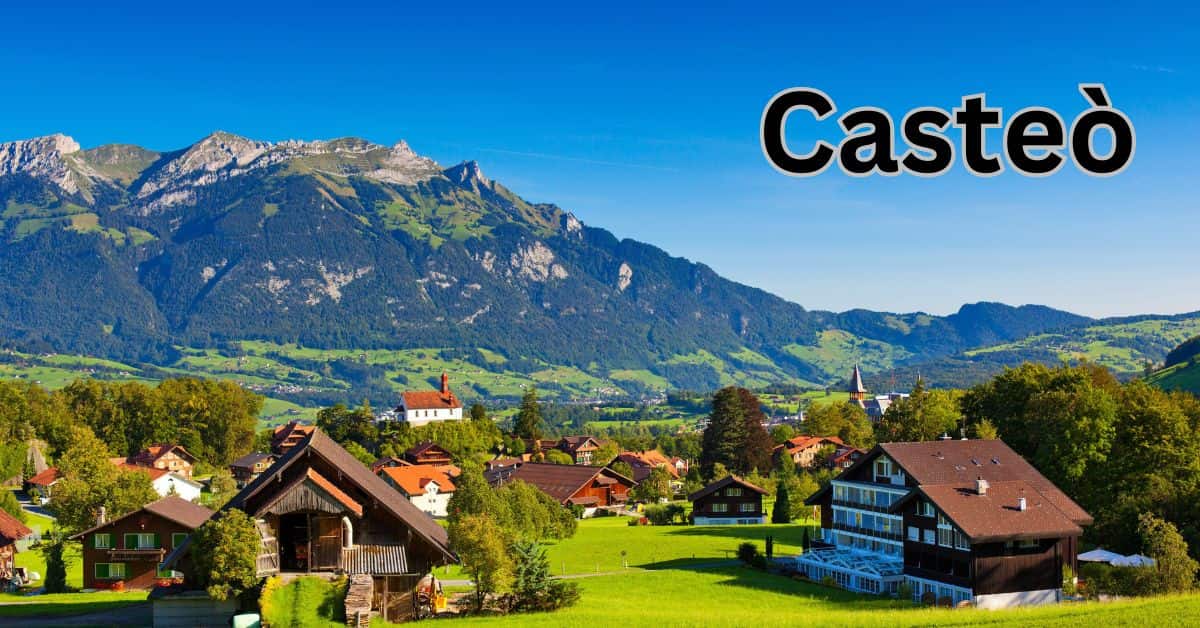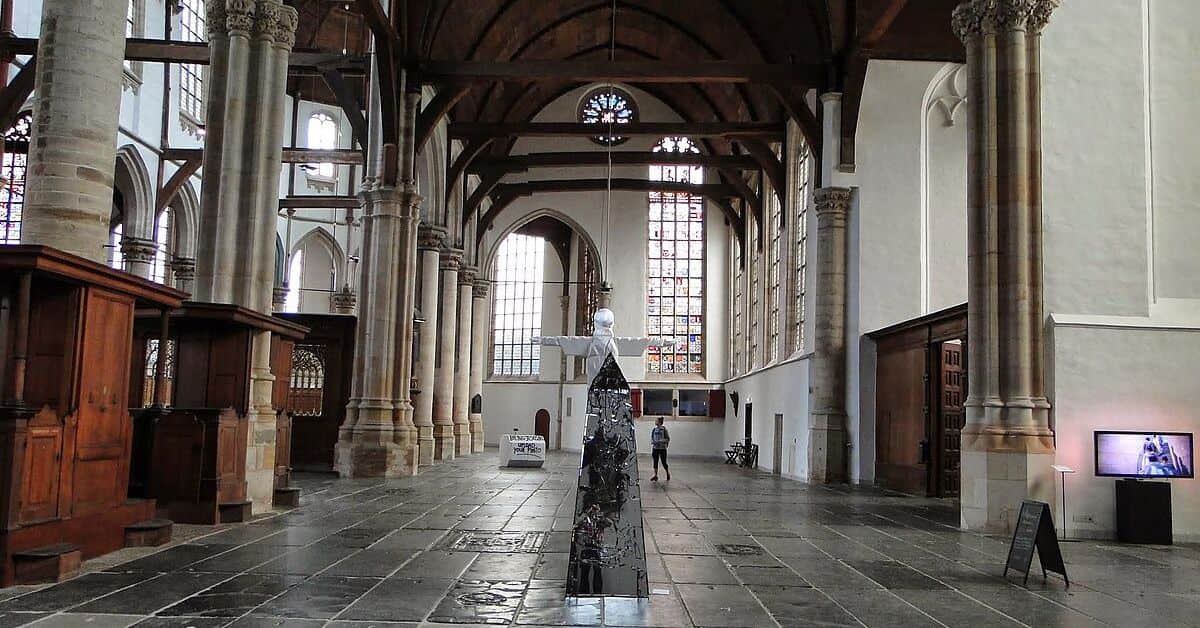Introduction to Casteò
Step into the intricate web of societal structures and cultural norms as we dive deep into the world of Casteò. This complex system has shaped communities for centuries, influencing relationships, opportunities, and identities.
Join us on a journey to unravel the history, impact, and modern-day challenges surrounding Casteò while exploring efforts towards a more inclusive society. Let’s embark on this enlightening exploration together!
The History and Origins of Casteò
Casteò, a complex system deeply entrenched in society, dates back centuries. In ancient India, caste was initially based on one’s occupation and gradually evolved into a rigid social hierarchy with inherited status.
The division of society into distinct castes was meant to maintain social order and ensure each group had specific roles and responsibilities. Over time, this system became associated with purity, pollution, and discrimination.
As colonial powers arrived in India, they further solidified the caste system for their administrative convenience. The British Raj institutionalized these divisions through censuses and legal classifications.
Despite efforts towards reform and equality in modern times, the legacy of caste continues to impact individuals’ opportunities and social interactions. Understanding its historical roots is crucial in addressing the complexities surrounding casteò today.
The Role of Casteò in Society
Casteò plays a significant role in shaping societal structures and relationships. It has been ingrained in the fabric of many cultures for centuries, influencing everything from marriage alliances to professional opportunities.
Casteò often determines one’s social standing and access to resources in society. It can create barriers between different groups, leading to discrimination and inequality based on birth rather than merit.
The hierarchical nature of Casteò can perpetuate power imbalances and limit social mobility for those at the lower end of the caste hierarchy. This system not only impacts individuals but also influences community dynamics and interactions.
Moreover, Casteò affects how people perceive themselves and others, shaping their identities and sense of belonging within society. Breaking away from these ingrained beliefs requires a conscious effort to challenge traditional norms and promote inclusivity across all levels of society.
Impact of Casteò on Individuals and Communities
The impact of Casteò on individuals and communities is profound, shaping social interactions, opportunities, and perceptions. For individuals, Casteò determines their place in society from birth, influencing their access to education, employment, and even marriage prospects. The stigma associated with lower castes can lead to discrimination and limited upward mobility.
Communities are also profoundly affected by Casteò as it creates divisions based on perceived social status. This can result in unequal distribution of resources and power dynamics within the community. The reinforcement of caste-based norms can hinder unity and cooperation among members.
Moreover, the psychological impact of being labeled according to one’s caste can be damaging, leading to feelings of inferiority or superiority. These ingrained beliefs contribute to the perpetuation of stereotypes and prejudices within society. As a result, individuals may struggle with self-esteem issues while communities face challenges in fostering inclusivity and diversity.
Modern-day Challenges and Controversies Surrounding Casteò
Modern-day challenges surrounding Casteò continue to spark debates and discussions across various platforms. The rigid hierarchy embedded in the caste system often leads to discrimination, marginalization, and limited opportunities for those belonging to lower castes. This perpetuates social inequalities and hinders progress towards a more inclusive society.
Controversies arise when traditional beliefs clash with modern equality and human rights values. The practice of caste-based discrimination is deemed outdated and oppressive by many yet profoundly ingrained in specific communities. Balancing cultural heritage with the need for social reform remains a delicate issue that requires thoughtful consideration.
The intersection of caste with other forms of oppression, such as gender or economic status, further complicates the dynamics at play. Addressing these complex layers of inequality requires multifaceted approaches that challenge existing power structures while respecting diverse traditions.
Breaking the Cycle: Efforts towards Change and Equality
In the quest for a more inclusive society, efforts to break the cycle of Casteò and promote equality have gained momentum. Organizations, activists, and individuals are working to dismantle systemic barriers and promote social justice.
Education is crucial in challenging ingrained beliefs and fostering understanding among communities. By raising awareness about the harmful effects of caste-based discrimination, we can pave the way for change.
Advocacy campaigns, policy reforms, and legal interventions are instrumental in addressing structural inequalities that perpetuate Casteò. We can push for legislation that protects marginalized groups’ rights through collective action and advocacy.
Community empowerment initiatives empower individuals from marginalized castes to assert their rights and challenge discriminatory practices. By amplifying marginalized voices, we can create spaces for dialogue and transformation.
Together, through sustained efforts toward change and equality, we can create a more just society where everyone is treated with dignity and respect.
Must Read: Unlock Wellness Secrets at aiotechnical.com Health Hub
Conclusion:
As we continue to navigate the complexities of Casteò, it becomes evident that acknowledging its history and impact is crucial in paving the way for a more inclusive society. By understanding the cultural and social dynamics surrounding caste systems, we can work towards dismantling barriers that perpetuate discrimination and inequality.
Individuals and communities must actively engage in conversations about caste, challenge stereotypes, and advocate for equal rights for all. Through education, advocacy, and collective efforts toward change, we can strive to create a society where every individual is valued regardless of their background.
By fostering empathy, promoting diversity, and embracing inclusivity, we can move closer to a future where caste no longer dictates one’s opportunities or experiences. Let us commit ourselves to building a more equitable world where every person is treated with dignity and respect – breaking free from the constraints of Casteò and forging a path towards unity and equality.






